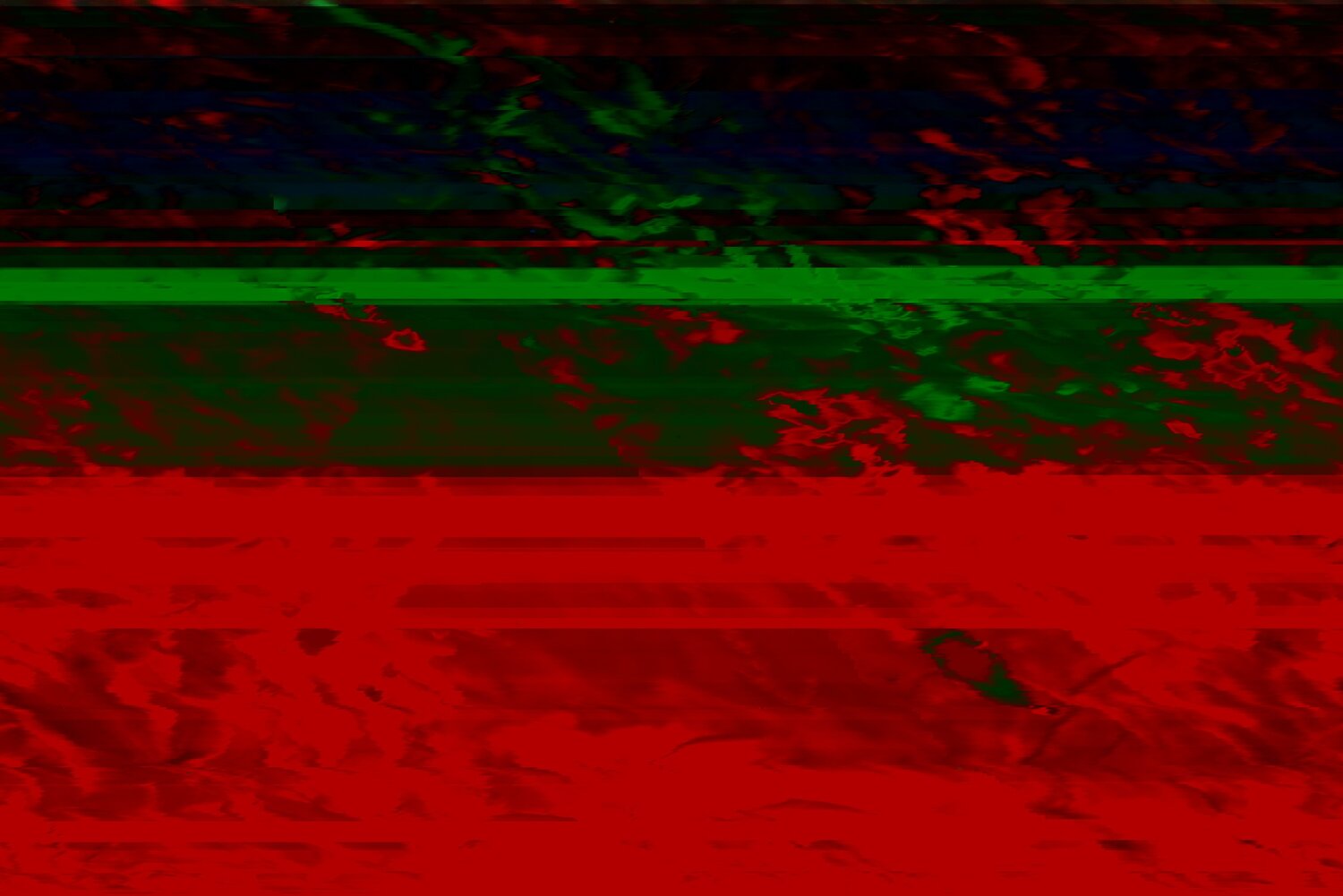About
Anthony Stagliano is a filmmaker, media artist, and scholar, whose research areas are digital culture, media theory, and political cinema and media art.
His films have been shown in festivals and galleries around the world. His feature narrative film, Fade, was released theatrically and on DVD by Cinema Epoch, and is available to stream.
Current film and media art projects include two features, and an extended sound/video composition. New Commons is an experimental narrative film using only appropriated surveillance, weather, traffic, mapping and other public observation imaging, all of which was culled from the internet. A short version of this work premiered as part of the Light Assembly exhibit at the 2012 Art Basel Miami.
Let No Man Regret Destroying Nature combines footage from the 1970s educational film of the same name with public surveillance and mapping images culled from the internet.
GlaciATING.response.CompleteSUITE is a 55-minute video that accompanies a drone music suite composed and recorded by Stagliano and Steven Tester in Frankfurt. The first chapter of G.r.CS is available on this site. Future chapters to come.
In all of these, Stagliano is pursuing an ‘ahuman’ experimental film practice, composing the films with the partnership and help of nonhuman performers (everyday objects) and co-conspirators (automated surveillance, traffic, and weather cameras; algorithmic imaging and mapping; bots). This practice explores two questions: first, what is the nature of the image (moving and still) now that so many of its producers are nonhuman entities, whose aim is observation? And, how are these images available for manipulation by us?
Stagliano’s academic work takes place where the distinctions between theory and practice, creative and conceptual become blurred. His theory-practice is enacted through several overlapping forms, including his research-based creative work in film, video, and other media.
His current research includes a monograph and related artistic interventions. Disobedient Aesthetics, forthcoming from University of Alabama Press, examines the novel forms of civil disobedience that emerge in response to new, digital tools of surveillance and control—for instance, ubiquitous security cameras, data mining in social media spaces, biometric scanning—creative activities that disobey, by hacking, subverting, or otherwise thwarting efforts to use the interface of our bodies and networked technologies.
